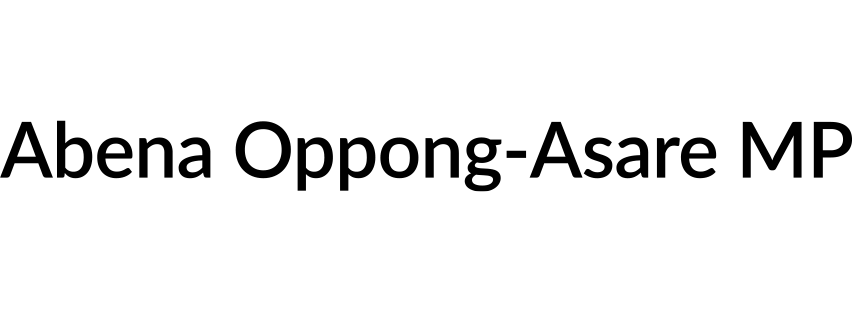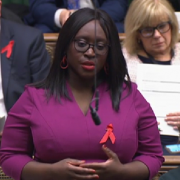World Mental Health Day: Students’ mental health should be a government priority
Today is World Mental Health Day and I am pleased that we are able to talk about mental health much more openly than ever before. However, this recognition of the need for mental health support has failed to be translated into funding for mental health services over the past decade.
It is especially important that mental health services are given the recognition and funding they need at this concerning time for people across the UK. I am especially concerned about students, in schools and universities, who have had to continue their education under stressful and unprecedented conditions with very little additional support.
Earlier this week I questioned the Minister for Health and Social Care on why schools have not been given additional mental health provisions upon returning after the COVID-19 lockdown.
In a survey of over 200 students in Erith and Thamesmead, 19% said they felt like their mental health had been negatively impacted as a direct result of COVID-19.
Schools returned in September but social distancing measures remain in place and children over the age of 12 are required to wear masks. These new measures will undoubtedly be a cause of worry for young people and schools should have been prepared with additional mental health provisions to help students deal with the added pressures of COVID-19 restrictions.
I first raised concerns about the impacts of COVID-19 on young people’s mental health in April after the majority of in person mental health services were stopped. Analysis by Young Minds reported that 80% of young people with existing mental health needs found that the pandemic had made their mental health worse.
Health Minister, Nadine Dorries MP, said on Tuesday that the Conservative’s Government mental health support investment “translates to 345,000 children and young people who will be able to access mental health support via NHS funded mental health services”.
We were already facing a mental health crisis before the COVID-19 pandemic, with around 60% of people referred to mental health services receiving no treatment at all.
One in eight (12.8%) 5 to 19 year olds had at least one mental disorder when assessed in 2017, according to official NHS statistics – that is roughly three children in every classroom. The Government’s own figures fall short of providing support to all children and young people with mental health illnesses, leaving around 700,000 children who need it with no access to support.
The longer the Government ignores the need for more funding and better access to mental health services, the worse the crisis will go. I will be continuing to push the Department of Health and Social Care to act on this until everyone can access the support they need.










